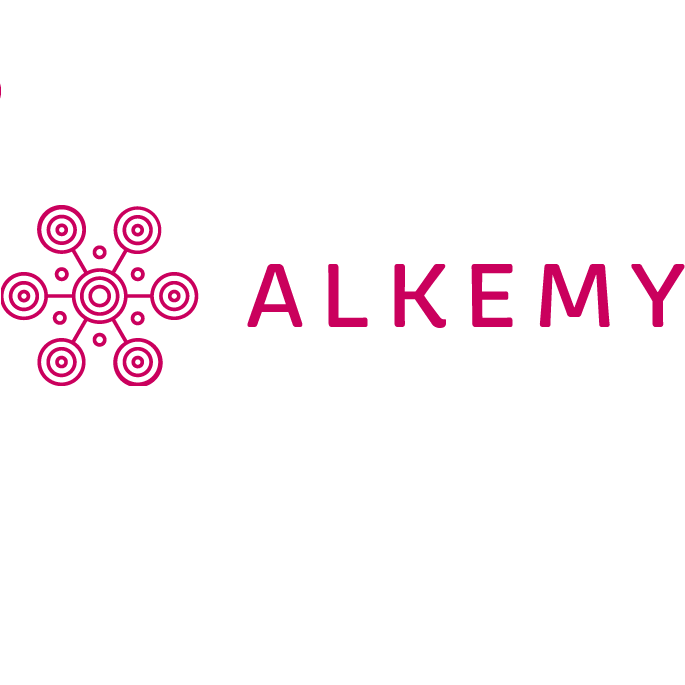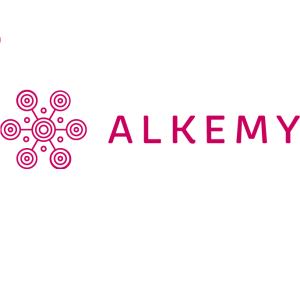Lithium is a critical raw material essential to the EU’s transition to clean energy, as outlined in the recently adopted Critical Raw Materials Act (CRMA). The CRMA aims for the European industry to achieve 10% extraction, 40% refining, and 15% recycling of key minerals by 2030. Lithium’s significance lies in its use for batteries in electric vehicles and energy storage systems, vital for reducing greenhouse gas emissions by 55% by 2030.
The International Energy Agency predicts a 42-fold increase in global lithium demand by 2040. Lithium’s role in storing and utilising clean energy supports the green and digital transition, addressing the intermittency of renewable sources like solar and wind power. Lithium can be extracted from hard rocks or brines, though European potential primarily lies in hard-rock deposits.
Currently, the EU imports most of its lithium, with 81% of extracted and 100% of processed lithium sourced externally. However, 27 European deposits have been identified, with ten having realistic exploitation potential, possibly reaching 50% self-sufficiency by 2030. Portugal is the only EU country currently producing lithium from hard rock deposits, primarily for ceramics. The EU has also established trade partnerships with several countries and reinforced cooperation with the US to diversify global critical mineral supply chains.
Alkemy Capital Investments plc (LON:ALK) is focussed on developing projects in the energy transition metals sector. Tees Valley Lithium is developing a state of the art lithium hydroxide plant at Teesside, UK. Tees Valley Graphite is developing the UK’s first natural graphite active anode material processing facility at the ‘plug-and-play’ Wilton International Chemicals Park.


